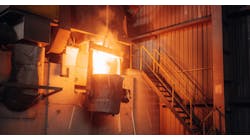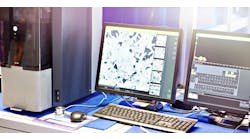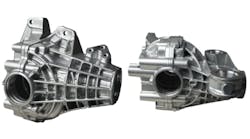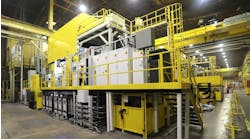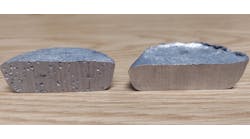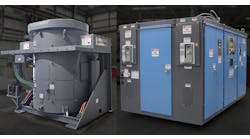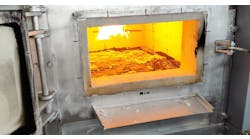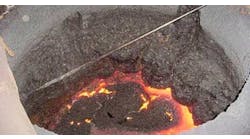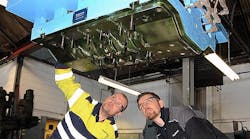The U.K. government awarded a £15-million grant ($22.5 million) to Brunel University London, which will free up a further £62 million ($92.5 million) in sponsorship promised by private sources to finance the Advanced Metal Casting Centre – an initiative that aims to link basic research in metalcasting to industrial and commercial scale testing.
Eventually, AMCC intends to establish a National Metals Research Park at Brunel University, to accelerate industrial recognition and adoption the new technologies in development there.
The investors include Brunel; Britain’s Engineering and Physical Sciences Research Council; Constellium, an aluminum automotive sheet and extrusions supplier; and Jaguar Land Rover.
When first announced in 2013, the AMCC was described as drawing on work done by Professor Zhongyun Fan and colleagues at the Brunel Centre for Advanced Solidification Technology (BCAST) to improve the recyclability of metals. “Every failed casting represents a huge waste of energy, time and money,” said Fan in 2013. “We know that our new techniques can reliably create first class components from recycled metal. Our challenge now is to scale these methods up for commercial use and to show that they can reduce cost, improve quality, and conserve natural resources.
AMCC’s current research programs include finding a way to replace numerous aluminum alloys now registered for commercial use with a dozen or so highly versatile alloys that can be reused frequently, promoting higher volumes of metal recycling.
Another program is seeking to develop more efficient techniques for purifying and conditioning liquid metal in industrial applications, which would support wider adoption of cast parts in automaking and other high-volume manufacturing sectors.
Now, the center will seek to help commercialize research into casting techniques that could increase the British metalcasters’ competitiveness in automotive, aerospace, and energy industries.
The new funding will finance the cost of factory-scale metalcasting and processing facilities, and establish support research capability for developing advanced metallic materials. Also, it will support component performance testing and cover the cost of process modeling and simulation technology.
Professor Fan’s next research efforts will focus on nucleation, liquid metal engineering, development of advanced materials, and more efficient casting/processing technologies. AMCC sources said these new techniques signify a change in emphasis for the study of metal solidification (nucleation rather than crystal growth.)
By controlling the interface at a microscopic level between the liquid metal and the impurity particles, the characteristics of the solidified metal casting can be manipulated to produce the required properties. The aim is to produce materials and components with fine and uniform microstructure, uniform chemical composition and reduced or eliminated cast defects.
